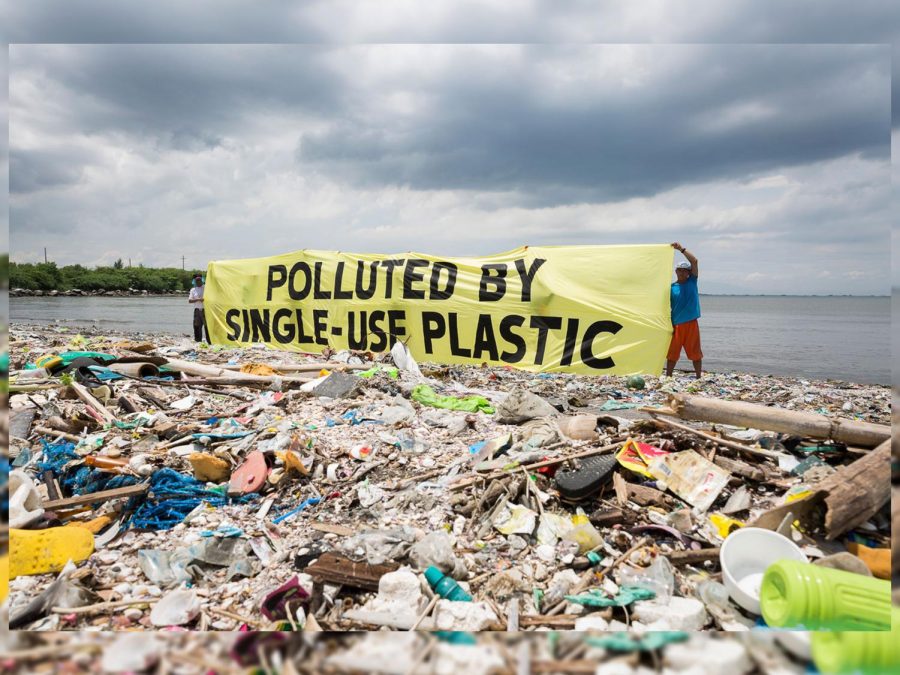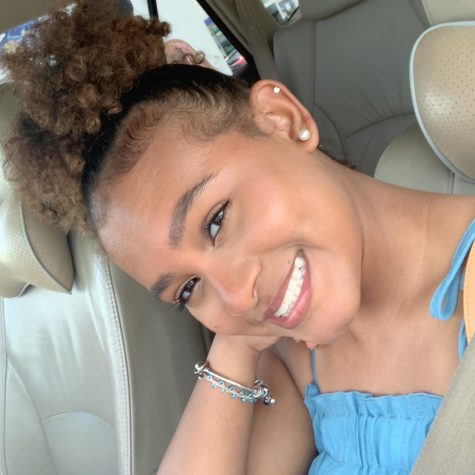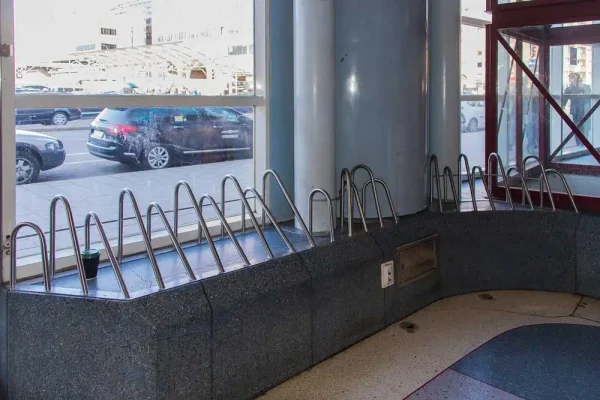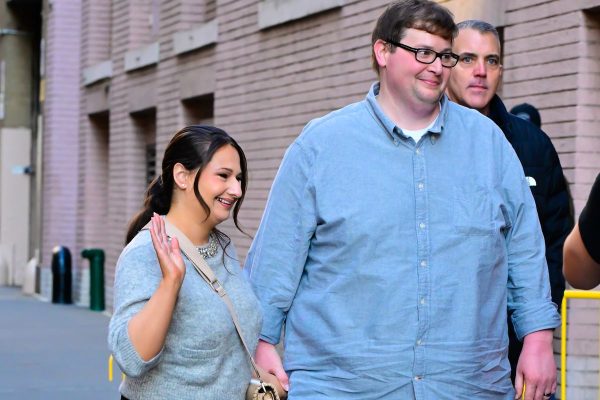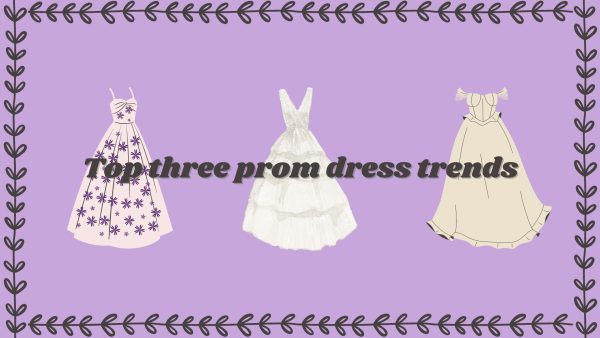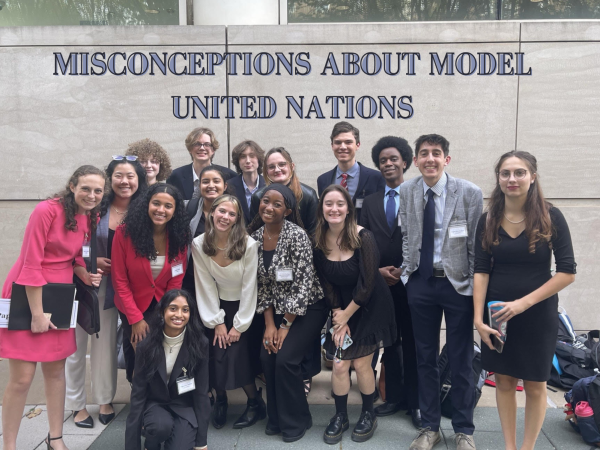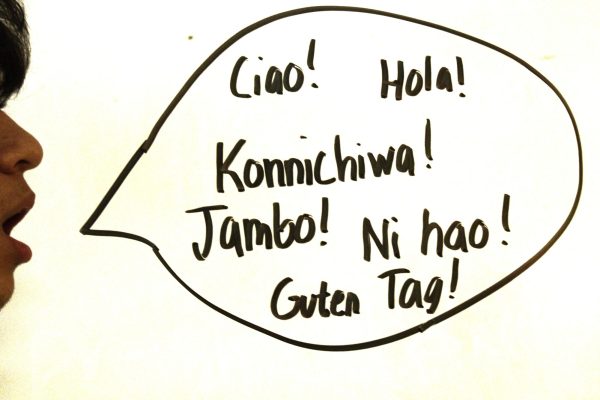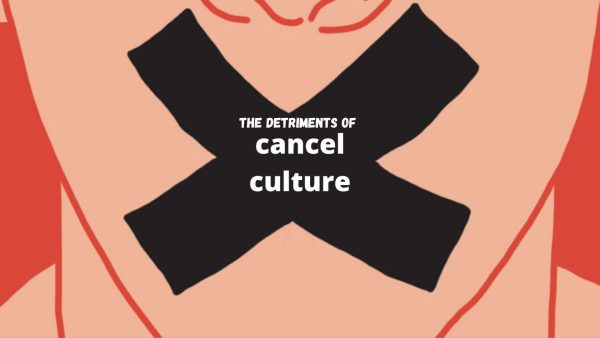Single-use plastics turn into lasting damage to the oceans now
Single-use plastics derive from small petroleum-refined pellets called nurdles, creating various disposable plastics once melted and molded. Only used once and then thrown away, single-use plastics present a major issue in the environment, polluting oceans and killing marine animals.
April 17, 2023
From a Dasani water bottle tossed aside while walking home to the plastic utensil dropped on the ground after eating a delicious meal, these single-use plastics navigate their way into oceans and landfills. Created from small petroleum-refined pellets called nurdles, they create various disposable plastics once melted and molded. Single-use plastics act as disastrous objects or utensils used only once and then thrown away.
Usually required at a shop or fast food restaurant, numerous establishments find plastic ware vital for their customers. For example, students typically pick up a plastic-wrapped disposable fork and napkin to accompany their meal at a school cafeteria, only to not further use the disposables or the napkin inside. For an interaction that lasts less than a minute, the process it takes to create the utensil seems worthless compared to the lifetime it spends remaining in a trash bin along with other scraps.
When asked about their activities involving the disposal of unused plastic forks compared to recycling, 22 random NC students answered. 63% stated that whether they use the utensil or not, they will throw it away, while 23% only dispose of used forks properly and 14% reuse or recycle any appliance for further use.
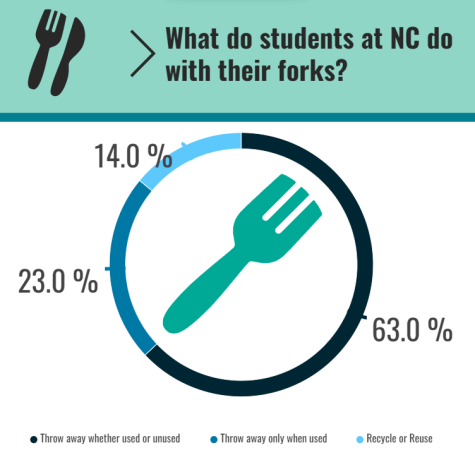
“Plastic is not needed. The harm plastic causes to our environment should be enough proof of that. There are so numerous things we can use instead of plastic. I also know plastic is going to continue to be used, but it should never be littered,” junior Liana Bonifacio said.
The vast majority of people discarding utensils no matter the circumstance reveals a possible influence on the problem regarding the unnecessary use of plastics. Cutlery straws, lids, bags and food packaging all present wasteful, harmful and unsustainable uses to the environment. Nurdles alone fall responsible for the mass devastation of marine ecosystems as they pollute oceans and find themselves a part of the food chain, often killing marine animals who mistake them for food. The one-use plastics travel to landfills, where it will take half a millennia to break down.
To combat the imminent dangers of single-use plastics, Georgia state senator Donzella James— who actively works to outlaw them with the help of the 2021 bill SB104— pushes a plan to increase waste management and prohibit the distribution of plastic bags statewide. The state cannot implement the bill until it passes all state senators. Fulton County, Georgia already banned plastic cups and straws, food containers, as well as newspapers, door-hanger and dry-cleaning bags. Thus, staying ahead of the problem.
“We need legislation because the plastic is poisoning our system. It’s hurting us,” Senator James said.
Someone can avoid all single-use plastics by purchasing reusable drink bottles, bringing reusable cutlery and taking personal bags with them on any trips. Although, if it seems impossible to not use disposable items, try to find cutlery with biodegradable plastic and use paper cups and straws as an alternative.




